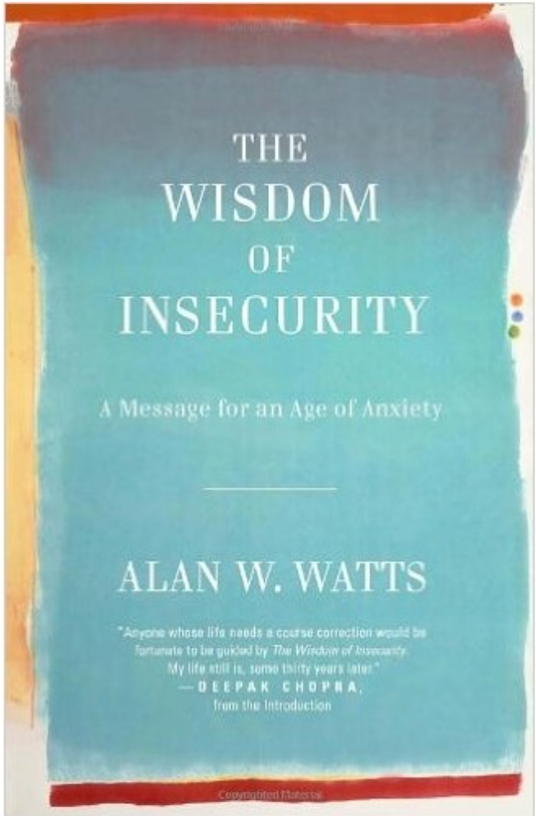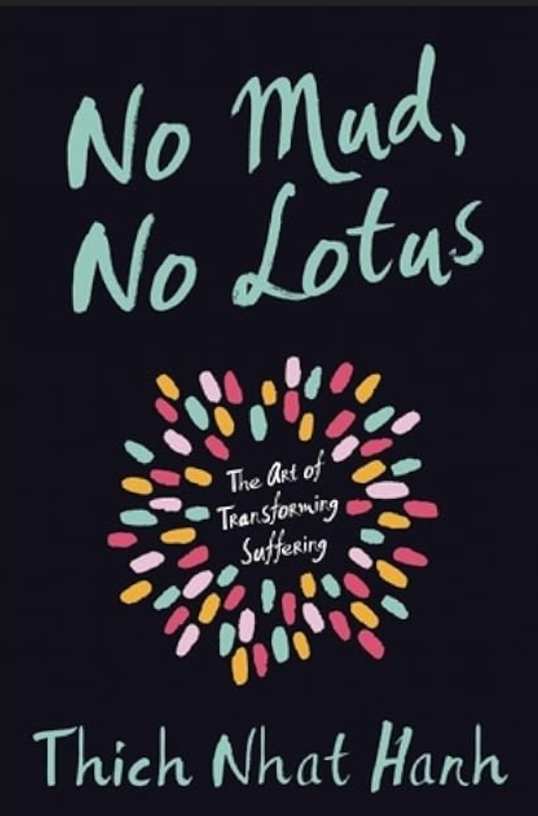
Suggested for readers navigating existential anxiety, craving presence, or questioning the illusion of control.
In this 1951 classic, Alan Watts dismantles the Western obsession with certainty and permanence. He argues that our relentless pursuit of security, through belief systems, future planning, and egoic control, actually breeds anxiety. True peace, he suggests, arises not from grasping but from surrendering to the present moment.
Drawing from Eastern philosophies, Watts invites readers to embrace life’s inherent flux. He critiques the ego’s tendency to separate itself from experience and instead proposes a radical intimacy with reality: one that is unfiltered, unguarded, and alive.
Watts’ insights echo Fractal Universe’s treatment of Temporal Fluidity, Ego Boundary, and Motivational Geometry. His call to dissolve conceptual frameworks aligns with the recursive glossary work, where definitions are not fixed, but lived and evolving.
“To put it still more plainly: the desire for security and the feeling of insecurity are the same thing.” —Alan Watts

